Postpartum Sex By Tori Bowman Johnson
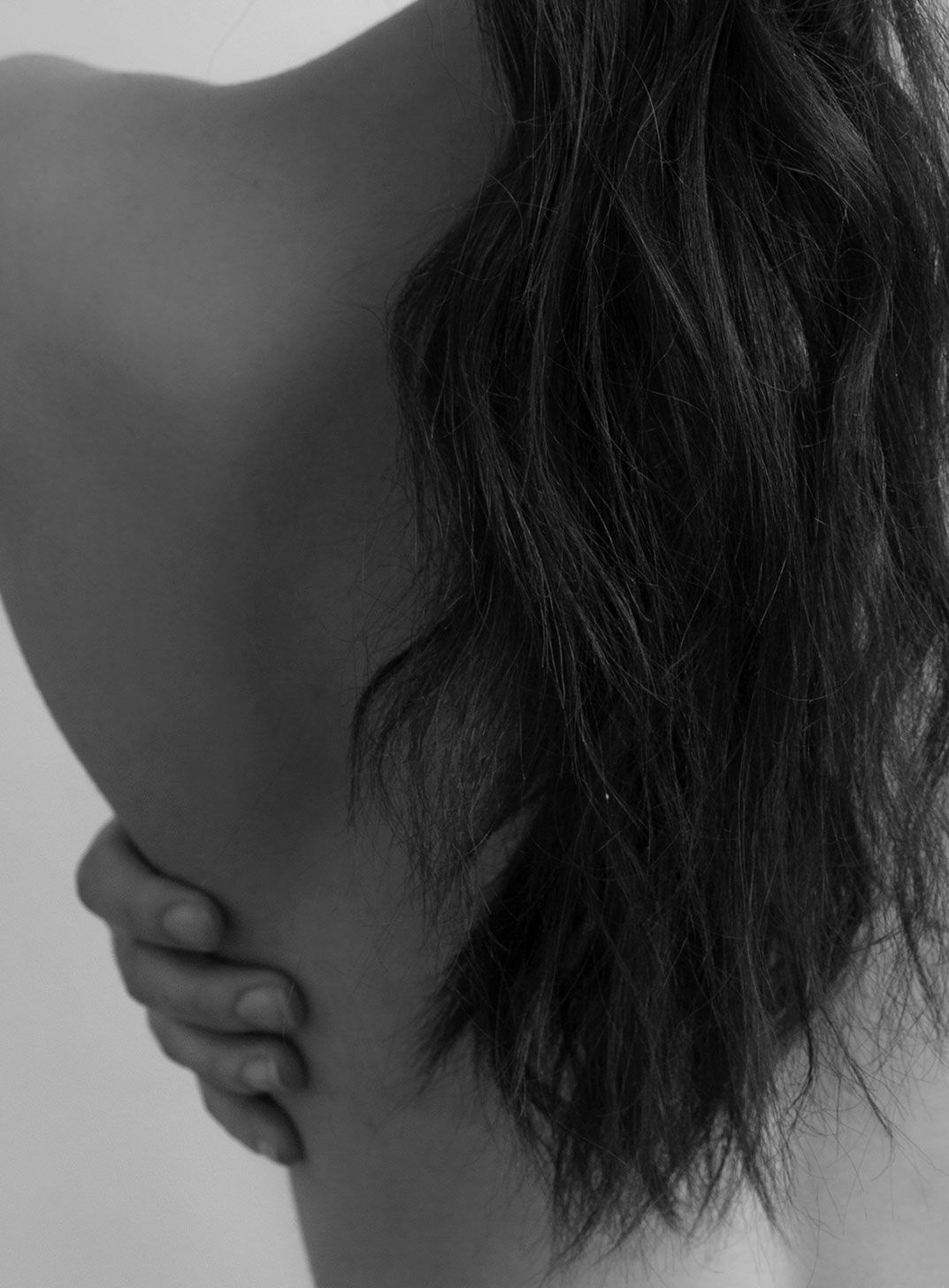
SEX.
This excerpt was taken from Tori Bowman Johnson's new book, Afterwards.
Sex is a funny postpartum subject. An intense one. A BIG one. A scary one! Sex is the exact thing that landed us in the puddle of postpartum water in the first place, so why on earth would women voluntarily jump back in? Why is the major question. When is another …
and HOW? The how element deserves some careful unpacking, as having a shag after you birth your bub can be undeniably daunting.
In many ways, it shares similarities to the common story involving a dog getting jammed between a closing door as a puppy. The dog never forgets the terror associated with that moment & forever seems to fear the mere sight of a doorway.
Whilst you’re imagining the above, replace the door with a doodle. Oh, and while you’re at it, replace the puppy with a vulnerable, emotional & tired new mum.
YIKES.
Ya.
So while that is an overly negative way to think about sex, we should admit & acknowledge that sex is a huge part of our lives, our relationships, and the closeness of our connections. Sex should be enjoyable, fun, and exciting! If you want to crave it again or eventually add to your brood, then it’s critical to work up the courage to get through that metaphorical doorway again. We need to trust that it won’t harshly slam shut on our backside but instead lead us into a space where we can relax & indulge.
Before moving forward, it’s important to recognise that the fear or the hesitation you may be struggling with is totally valid. I’m sure a snippet of PTSD sneaks into the minds of most women when they think about returning to sex for the first time after having their baby … and perhaps even the 2nd time, the 10th time … the 50th time!
To avoid adding to any angst, let’s very gently break it down and look into the why’s, the what’s, and the how’s. To help us do so, the Director of the Australian Institute of Sexology and Sexual Medicine & ESSM EFS Certified Psycho-Sexologist, Chantelle Otten
(@chantelle_otten_sexologist), has very kindly shared her highly demanded time & advice with everyone who is reading this.
Chantelle is passionate about sex, relationships and she is devoted to making sure that women exude pride & confidence in both their beautiful body & their sexuality. Her tips & tricks are there to encourage a positive relationship with sex whilst always prioritising a woman’s choice, her health, and of course, her safety. As she poignantly quotes below during our interview, ‘ the only person responsible for your pleasure is you,” … Chantelle certainly offers an abundance of wise & considerate guidance.
Ok enough from me. Let’s talk to this wonderful powerhouse!

1. It's not uncommon for partners to watch the birth of their baby & therefore see everything. This may cause extreme insecurities for women & cause them to feel as though they won't be as attractive again to their partners. Is there a way you'd suggest they tackle this fear?
Childbirth, no matter what method of delivery, has a significant impact on the female body. Understanding that these feelings are completely normal, and positively approaching insecurities can help to repair the relationship with your body from the late stages of pregnancy into the postpartum period. Celebrate and thank your body for all it has done for you; it has grown and birthed a human! Practice self-compassion, be kind to yourself, and make time for the little things that make you feel good about yourself, such as a bath or wearing a beautiful maternity bra. Additionally, facilitate an open dialogue with your partner about how you’re feeling and any insecurities, worries, or concerns. The chances are that they are amazed and in awe of what your body is capable of.
2. Physical pain is a real factor when it comes to sex post-birth. Whether women have a c section or vaginal birth, their bodies go through some extreme measures. If it hurts, do you suggest stopping cold turkey? Is pain a sign of an issue?
There can be many different reasons for postpartum sexual pain, such as lack of vaginal lubrication, trauma to the vagina, prolapse, or tightness in the pelvic floor. Pain can act as an indicator that something else is going on, or it can act as a protective mechanism to prevent the body from experiencing any further trauma. If women are experiencing sexual pain, I recommend stopping all forms of vaginal penetration. This will allow you to feel safe knowing that physical touch doesn’t have to end in vaginal penetration, whilst still receiving touch and connection that is often desired through sex.
Sex should never be painful. Seek help from a medical practitioner such as an OB/GYN or a pelvic floor physiotherapist if you are experiencing sexual pain.
3. Despite potential pain, some women may crave sex earlier than the loosely suggested 6 week period. What are some tactics to safely ease back into it?
The 6-week guideline exists to allow the vagina and abdomen to sufficiently heal following birth. For those who want to engage in sexual penetration before the recommended 6-week point, it is essential to get clearance from your OB/GYN. However, that is not to say that you can’t enjoy other items on the sexual menu, such as masturbation, oral sex, or even an erotic massage. Listening to the body in this instance is paramount. And don’t forget, lube – lots and lots of lube.
4. Ok. The boobs. They probably don't match, they might be engorged, sore, leaky & exceptionally sensitive ... & not in a good way! For mummas who are self-conscious about how their boobs may look during sex, what would perhaps be some more "flattering" positions? The point here isn't vanity - it's allowing women to feel sexy in their own skin!
Each experience is individual, so it is important to experiment to find a position that YOU feel most comfortable in. That being said, positions that take the pressure off the breasts, such as lying on the back or the side (with their partner behind them) may not only look more flattering but also
help with any leaking that may occur. Additionally, wearing beautiful lingerie can help to cover the areas that make women feel self-conscious whilst still feeling sexy.
5. For severely sleep-deprived women, suffering from engorgement or sore nipples & enduring heavy night sweats ... yet all the while feeling guilty that they're unable to find their mojo for their partners' sake ... what would you tell these women?
Couples are faced with extreme change in a short amount of time, and it is entirely normal to experience a downward shift in libido during the postpartum period. Be kind to yourself and communicate with your partner how you are feeling. If penetration is off the table and desire
seems like a foreign term, perhaps focus on intimate touches, such as a hug, a kiss, or holding hands to foster that emotional connection and intimacy. Remember that the newborn phase is only temporary, and your libido will eventually return.
6. Vaginismus is no joke! Can you explain this & perhaps offer some solutions to eradicate the mental hurdles it creates?
Vaginismus is the involuntary tightening of the pelvic floor muscles surrounding the vagina, making penetration incredibly painful or impossible. It can feel like burning, tearing or razor blade-like sensations inside and around the entrance of the vagina. The reasons that vaginismus can occur in the postpartum period can vary; perhaps you have experienced traumatic birth or the first time you had sex was particularly painful. Your body is subconsciously serving to protect itself from further pain. Vaginismus can have a substantial emotional impact on self-esteem, sexual/ relationship satisfaction and quality of life. If you feel like you might have vaginismus, please get help immediately! It is one of the most treatable conditions.
A multi-disciplinary approach to treatment is key, so seeking help from a sexologist as well as a pelvic floor physiotherapist will address the physical as well as psychological hurdles that may be occurring.
7. Let's get down & dirty. Could you recommend a few specific positions for new mums who are ready to get goin'! Keeping in mind they probably need to be gentle to aid their recovery?
- Missionary Position: lying down helps to relax the pelvic floor muscles and legs – communication is essential to discern the speed and pressure that is comfortable. • Cowgirl/Reverse Cowgirl Position: being on top allows complete control of the depth of penetration and pace.
- Spooning Position: lying on the side to take the pressure off the body and to increase intimate touch. Allows for clitoral stimulation and also helps women to feel more comfortable if they are self-conscious about their body.
8. Some women feel as though with the role of motherhood, comes the loss of their sex appeal, femininity & sense of self-worth. How do women rebuild a healthy relationship with their bodies?
Becoming a mother can have a significant impact on identity and sense of self, and for the first few weeks of motherhood, the focus is primarily on keeping your newborn alive. Your body and
perception of who you are has likely changed, and that is ok. There is a societal perception that motherhood and sexual being do not co-exist. However, it is the confidence of being able to separate caring for a child and prioritising your relationship and pleasure that work to integrate the two. Focusing on necessary self-care such as making time for a shower and wearing things that make you feel beautiful can help reclaim that sense of identity. Prioritise your partner and quality time together to reinforce that your relationship is vital to who you are. It may take some time to find your feet, and if you are struggling, reaching out to a sexologist can help reclaim that sense of self-worth.
9. A rainbow of hormones floods the body after birth. What hormones can trigger sexual feelings? And how can they be harnessed positively?
Within 4-6 weeks postpartum, estrogen and progesterone levels plummet, leading to decreased sexual desire and a natural reduction in vaginal lubrication. This, in conjunction with prolactin (if nursing), also suppresses libido. For women who are not nursing, prolactin stabilises around 4-6
weeks postpartum. Even after hormonal levels have stabilised, it is normal to experience lower libido than prior to pregnancy due to contextual factors, such as fatigue, feeling self-conscious in your changing body and the potential diagnosis of post-natal depression or anxiety. If you think that your hormones may still be out of whack, don’t hesitate to get this checked out by your doctor. Managing the biological side (hormones) along with the psychological side (your context around you that is leading to low libido) can help to foster sexual desire.
10. Dryness downstairs whilst breastfeeding is very common. Why does the vagina become so dry & how can women overcome the issue to ensure they enjoy sex?
Breastfeeding has a significant impact on sexual functioning, one that isn’t spoken about enough. One of the main consequences of breastfeeding is vaginal dryness, caused by the hormone prolactin. Prolactin also inhibits ovulation, affecting the menstrual cycle and the natural fluctuations in estrogen and progesterone, thereby negatively impacting libido. This is to allow the mother to focus on her baby, rather than future procreation. Moreover, a significant lack of sleep and constantly caring for a newborn is not conducive to arousal and vaginal lubrication. During the postpartum phase, lube is your best friend. Opt for one that is water-based and pH balanced so it does not cause further irritation.
11. A couple of wines to get back on the horse ... something you'd suggest?
This is a personal preference. Given the likelihood that new mothers may be nursing, consider the impact that alcohol can have on breastfeeding. The premise behind the ‘glass of wine’ advice is that it helps you to relax; however, research shows that more than two glasses of wine can negatively impact on sexual functioning. Rather than reaching for the wines, explore other ways of relieving stress and anxiety to get you in the mood, such as running a warm bath or shower with your partner, candles or low lighting, a sexy playlist, and being intimate with your partner in ways that don’t necessarily involve vaginal penetration.
12. If women feel that their libido is really low, even after they stop breastfeeding, are there any types of foods, exercises or supplements that could help?
From a biological perspective, it is important to have hormones tested either by a doctor or a naturopath to see if they are within a normal range. A medical practitioner would then guide treatment for this to rebalance hormones, as this can have a significant impact on energy and libido.
From a psychological perspective, explore the contextual factors that could be contributing to low libido, such as feelings of anxiety, sleep deprivation, low body image etc. Working with a sexologist during the postpartum period can be beneficial for women and their partners in managing expectations around desire and sex.
13. If women feel the need to fake pleasure or orgasms, purely for the enjoyment of their partners post-baby ... what is your advice?
Perhaps ask yourself why you feel the need to fake pleasure and orgasms with your partner. It is completely normal that your experience of pleasure has probably changed, and this could mean that you may need to spend some time relearning what feels good in your body. A great place to start is through masturbation. Explore pleasure in your body, be open and curious, and experiment with how and where you like to be touched. If you know what gives you pleasure, this will make it a lot easier communicating this to your partner. Remember, the only person responsible for your pleasure is you.
I hope that within these pages you’ve been able to find pockets of inspired ideas which you can welcome between your sheets. Don’t rush it or force it & if there is pain, refrain from moving forward. Pain is your body’s way of telling you that it is not ready or something isn’t quite right. Be kind to yourself & remove all pressure!
Postpartum life aside, Chantelle is a woman I’d highly suggest following on social media. Her content, advice, and words are intelligent, generous, zealous, electric & real. She not only encourages a pure relationship with your body & sex but she teaches the world how to unlock the rich treasure hidden inside each & every individual.
Back to the first shag post-birth, when you decide that it’s your time to go back & give sex a go, as you roll around on the bed like a nervous teenager, don’t sweat it if you cry in fear or fumble in an awkward moment. If you blush, cringe, clench or slap your partner away with accidental or spontaneous force … there will be no love lost. Allow time to be your friend.
As a final note on the subject of sex, another fun & fabulous podcast to tune into is Birth, Baby & Beyond; Sex After Birth – Is It Fun? (available on Podcast One). This particular podcast features the infamous Midwife Cath plus two other exceptionally knowledgeable, experienced, and wonderfully humorous women Brooke Carrigan and Dr. Sue Hiscock. Birth, Baby & Beyond is a refreshing & light listen that so honestly breakdowns EVERYTHING you are thinking about this topic. Pop your Air Pods in and enjoy the warmth this trio offers.
Oh! And just one last note. Do yourself a favour and roll over to remind old mate to not be a fool & cover his tool! In other, slightly more ladylike terms, find a method of contraception that suits your body & mental health and … well use it. You can begin your quest to breed a tribe of mini
people when you’ve caught up on sleep & once again experienced wearing underwear that isn’t stuffed with monstrous pads & icepacks.
1. It's not uncommon for partners to watch the birth of their baby & therefore see everything. This may cause extreme insecurities for women & cause them to feel as though they won't be as attractive again to their partners. Is there a way you'd suggest they tackle this fear?
Childbirth, no matter what method of delivery, has a significant impact on the female body. Understanding that these feelings are completely normal, and positively approaching insecurities can help to repair the relationship with your body from the late stages of pregnancy into the postpartum period. Celebrate and thank your body for all it has done for you; it has grown and birthed a human! Practice self-compassion, be kind to yourself, and make time for the little things that make you feel good about yourself, such as a bath or wearing a beautiful maternity bra. Additionally, facilitate an open dialogue with your partner about how you’re feeling and any insecurities, worries, or concerns. The chances are that they are amazed and in awe of what your body is capable of.
2. Physical pain is a real factor when it comes to sex post-birth. Whether women have a c section or vaginal birth, their bodies go through some extreme measures. If it hurts, do you suggest stopping cold turkey? Is pain a sign of an issue?
There can be many different reasons for postpartum sexual pain, such as lack of vaginal lubrication, trauma to the vagina, prolapse, or tightness in the pelvic floor. Pain can act as an indicator that something else is going on, or it can act as a protective mechanism to prevent the body from experiencing any further trauma. If women are experiencing sexual pain, I recommend stopping all forms of vaginal penetration. This will allow you to feel safe knowing that physical touch doesn’t have to end in vaginal penetration, whilst still receiving touch and connection that is often desired through sex.
Sex should never be painful. Seek help from a medical practitioner such as an OB/GYN or a pelvic floor physiotherapist if you are experiencing sexual pain.
3. Despite potential pain, some women may crave sex earlier than the loosely suggested 6 week period. What are some tactics to safely ease back into it?
The 6-week guideline exists to allow the vagina and abdomen to sufficiently heal following birth. For those who want to engage in sexual penetration before the recommended 6-week point, it is essential to get clearance from your OB/GYN. However, that is not to say that you can’t enjoy other items on the sexual menu, such as masturbation, oral sex, or even an erotic massage. Listening to the body in this instance is paramount. And don’t forget, lube – lots and lots of lube.
4. Ok. The boobs. They probably don't match, they might be engorged, sore, leaky & exceptionally sensitive ... & not in a good way! For mummas who are self-conscious about how their boobs may look during sex, what would perhaps be some more "flattering" positions? The point here isn't vanity - it's allowing women to feel sexy in their own skin!
Each experience is individual, so it is important to experiment to find a position that YOU feel most comfortable in. That being said, positions that take the pressure off the breasts, such as lying on the back or the side (with their partner behind them) may not only look more flattering but also
help with any leaking that may occur. Additionally, wearing beautiful lingerie can help to cover the areas that make women feel self-conscious whilst still feeling sexy.
5. For severely sleep-deprived women, suffering from engorgement or sore nipples & enduring heavy night sweats ... yet all the while feeling guilty that they're unable to find their mojo for their partners' sake ... what would you tell these women?
Couples are faced with extreme change in a short amount of time, and it is entirely normal to experience a downward shift in libido during the postpartum period. Be kind to yourself and communicate with your partner how you are feeling. If penetration is off the table and desire
seems like a foreign term, perhaps focus on intimate touches, such as a hug, a kiss, or holding hands to foster that emotional connection and intimacy. Remember that the newborn phase is only temporary, and your libido will eventually return.
6. Vaginismus is no joke! Can you explain this & perhaps offer some solutions to eradicate the mental hurdles it creates?
Vaginismus is the involuntary tightening of the pelvic floor muscles surrounding the vagina, making penetration incredibly painful or impossible. It can feel like burning, tearing or razor blade-like sensations inside and around the entrance of the vagina. The reasons that vaginismus can occur in the postpartum period can vary; perhaps you have experienced traumatic birth or the first time you had sex was particularly painful. Your body is subconsciously serving to protect itself from further pain. Vaginismus can have a substantial emotional impact on self-esteem, sexual/ relationship satisfaction and quality of life. If you feel like you might have vaginismus, please get help immediately! It is one of the most treatable conditions.
A multi-disciplinary approach to treatment is key, so seeking help from a sexologist as well as a pelvic floor physiotherapist will address the physical as well as psychological hurdles that may be occurring.
7. Let's get down & dirty. Could you recommend a few specific positions for new mums who are ready to get goin'! Keeping in mind they probably need to be gentle to aid their recovery?
- Missionary Position: lying down helps to relax the pelvic floor muscles and legs – communication is essential to discern the speed and pressure that is comfortable. • Cowgirl/Reverse Cowgirl Position: being on top allows complete control of the depth of penetration and pace.
- Spooning Position: lying on the side to take the pressure off the body and to increase intimate touch. Allows for clitoral stimulation and also helps women to feel more comfortable if they are self-conscious about their body.
8. Some women feel as though with the role of motherhood, comes the loss of their sex appeal, femininity & sense of self-worth. How do women rebuild a healthy relationship with their bodies?
Becoming a mother can have a significant impact on identity and sense of self, and for the first few weeks of motherhood, the focus is primarily on keeping your newborn alive. Your body and
perception of who you are has likely changed, and that is ok. There is a societal perception that motherhood and sexual being do not co-exist. However, it is the confidence of being able to separate caring for a child and prioritising your relationship and pleasure that work to integrate the two. Focusing on necessary self-care such as making time for a shower and wearing things that make you feel beautiful can help reclaim that sense of identity. Prioritise your partner and quality time together to reinforce that your relationship is vital to who you are. It may take some time to find your feet, and if you are struggling, reaching out to a sexologist can help reclaim that sense of self-worth.
9. A rainbow of hormones floods the body after birth. What hormones can trigger sexual feelings? And how can they be harnessed positively?
Within 4-6 weeks postpartum, estrogen and progesterone levels plummet, leading to decreased sexual desire and a natural reduction in vaginal lubrication. This, in conjunction with prolactin (if nursing), also suppresses libido. For women who are not nursing, prolactin stabilises around 4-6
weeks postpartum. Even after hormonal levels have stabilised, it is normal to experience lower libido than prior to pregnancy due to contextual factors, such as fatigue, feeling self-conscious in your changing body and the potential diagnosis of post-natal depression or anxiety. If you think that your hormones may still be out of whack, don’t hesitate to get this checked out by your doctor. Managing the biological side (hormones) along with the psychological side (your context around you that is leading to low libido) can help to foster sexual desire.
10. Dryness downstairs whilst breastfeeding is very common. Why does the vagina become so dry & how can women overcome the issue to ensure they enjoy sex?
Breastfeeding has a significant impact on sexual functioning, one that isn’t spoken about enough. One of the main consequences of breastfeeding is vaginal dryness, caused by the hormone prolactin. Prolactin also inhibits ovulation, affecting the menstrual cycle and the natural fluctuations in estrogen and progesterone, thereby negatively impacting libido. This is to allow the mother to focus on her baby, rather than future procreation. Moreover, a significant lack of sleep and constantly caring for a newborn is not conducive to arousal and vaginal lubrication. During the postpartum phase, lube is your best friend. Opt for one that is water-based and pH balanced so it does not cause further irritation.
11. A couple of wines to get back on the horse ... something you'd suggest?
This is a personal preference. Given the likelihood that new mothers may be nursing, consider the impact that alcohol can have on breastfeeding. The premise behind the ‘glass of wine’ advice is that it helps you to relax; however, research shows that more than two glasses of wine can negatively impact on sexual functioning. Rather than reaching for the wines, explore other ways of relieving stress and anxiety to get you in the mood, such as running a warm bath or shower with your partner, candles or low lighting, a sexy playlist, and being intimate with your partner in ways that don’t necessarily involve vaginal penetration.
12. If women feel that their libido is really low, even after they stop breastfeeding, are there any types of foods, exercises or supplements that could help?
From a biological perspective, it is important to have hormones tested either by a doctor or a naturopath to see if they are within a normal range. A medical practitioner would then guide treatment for this to rebalance hormones, as this can have a significant impact on energy and libido.
From a psychological perspective, explore the contextual factors that could be contributing to low libido, such as feelings of anxiety, sleep deprivation, low body image etc. Working with a sexologist during the postpartum period can be beneficial for women and their partners in managing expectations around desire and sex.
13. If women feel the need to fake pleasure or orgasms, purely for the enjoyment of their partners post-baby ... what is your advice?
Perhaps ask yourself why you feel the need to fake pleasure and orgasms with your partner. It is completely normal that your experience of pleasure has probably changed, and this could mean that you may need to spend some time relearning what feels good in your body. A great place to start is through masturbation. Explore pleasure in your body, be open and curious, and experiment with how and where you like to be touched. If you know what gives you pleasure, this will make it a lot easier communicating this to your partner. Remember, the only person responsible for your pleasure is you.
I hope that within these pages you’ve been able to find pockets of inspired ideas which you can welcome between your sheets. Don’t rush it or force it & if there is pain, refrain from moving forward. Pain is your body’s way of telling you that it is not ready or something isn’t quite right. Be kind to yourself & remove all pressure!
Postpartum life aside, Chantelle is a woman I’d highly suggest following on social media. Her content, advice, and words are intelligent, generous, zealous, electric & real. She not only encourages a pure relationship with your body & sex but she teaches the world how to unlock the rich treasure hidden inside each & every individual.
Back to the first shag post-birth, when you decide that it’s your time to go back & give sex a go, as you roll around on the bed like a nervous teenager, don’t sweat it if you cry in fear or fumble in an awkward moment. If you blush, cringe, clench or slap your partner away with accidental or spontaneous force … there will be no love lost. Allow time to be your friend.
As a final note on the subject of sex, another fun & fabulous podcast to tune into is Birth, Baby & Beyond; Sex After Birth – Is It Fun? (available on Podcast One). This particular podcast features the infamous Midwife Cath plus two other exceptionally knowledgeable, experienced, and wonderfully humorous women Brooke Carrigan and Dr. Sue Hiscock. Birth, Baby & Beyond is a refreshing & light listen that so honestly breakdowns EVERYTHING you are thinking about this topic. Pop your Air Pods in and enjoy the warmth this trio offers.
Oh! And just one last note. Do yourself a favour and roll over to remind old mate to not be a fool & cover his tool! In other, slightly more ladylike terms, find a method of contraception that suits your body & mental health and … well use it. You can begin your quest to breed a tribe of mini
people when you’ve caught up on sleep & once again experienced wearing underwear that isn’t stuffed with monstrous pads & icepacks.


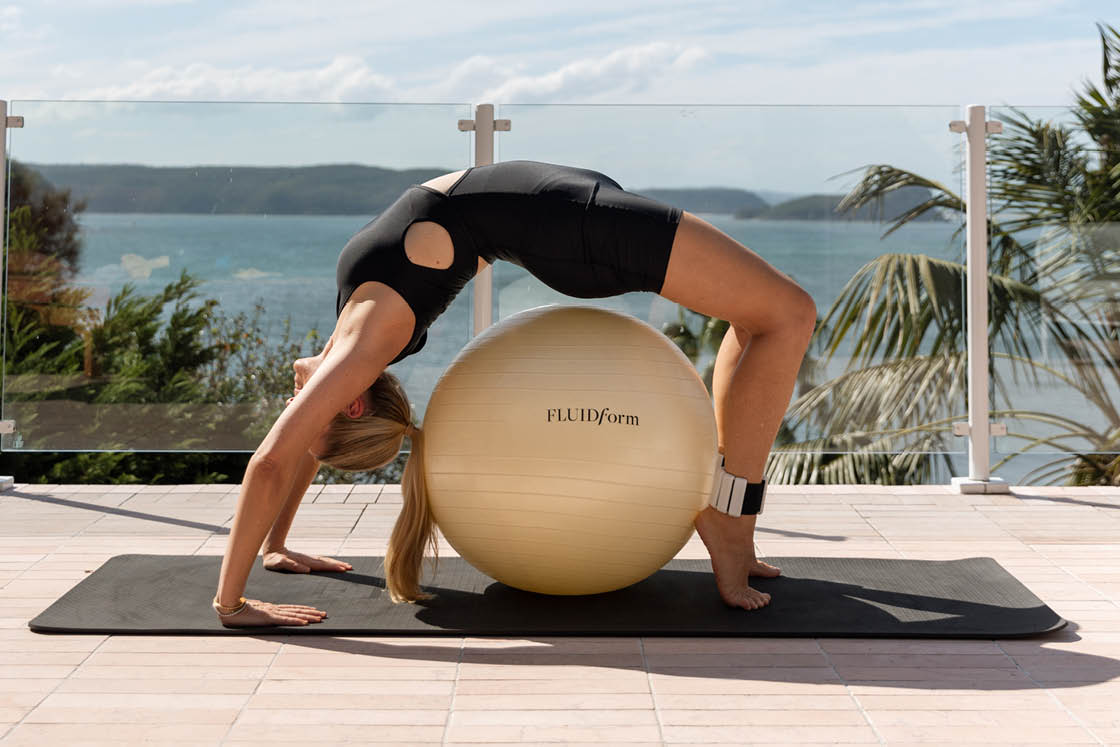




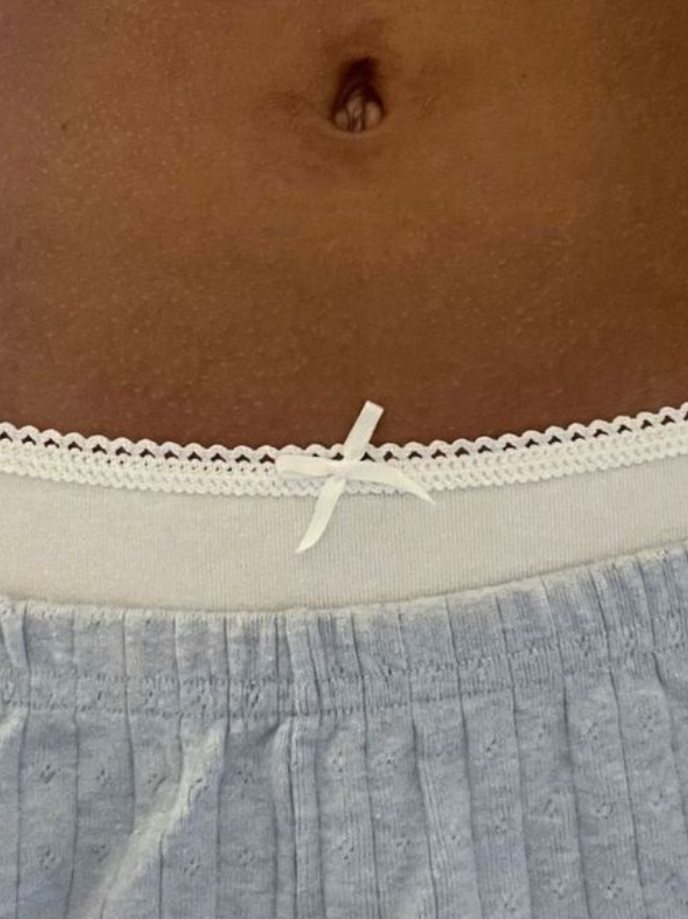

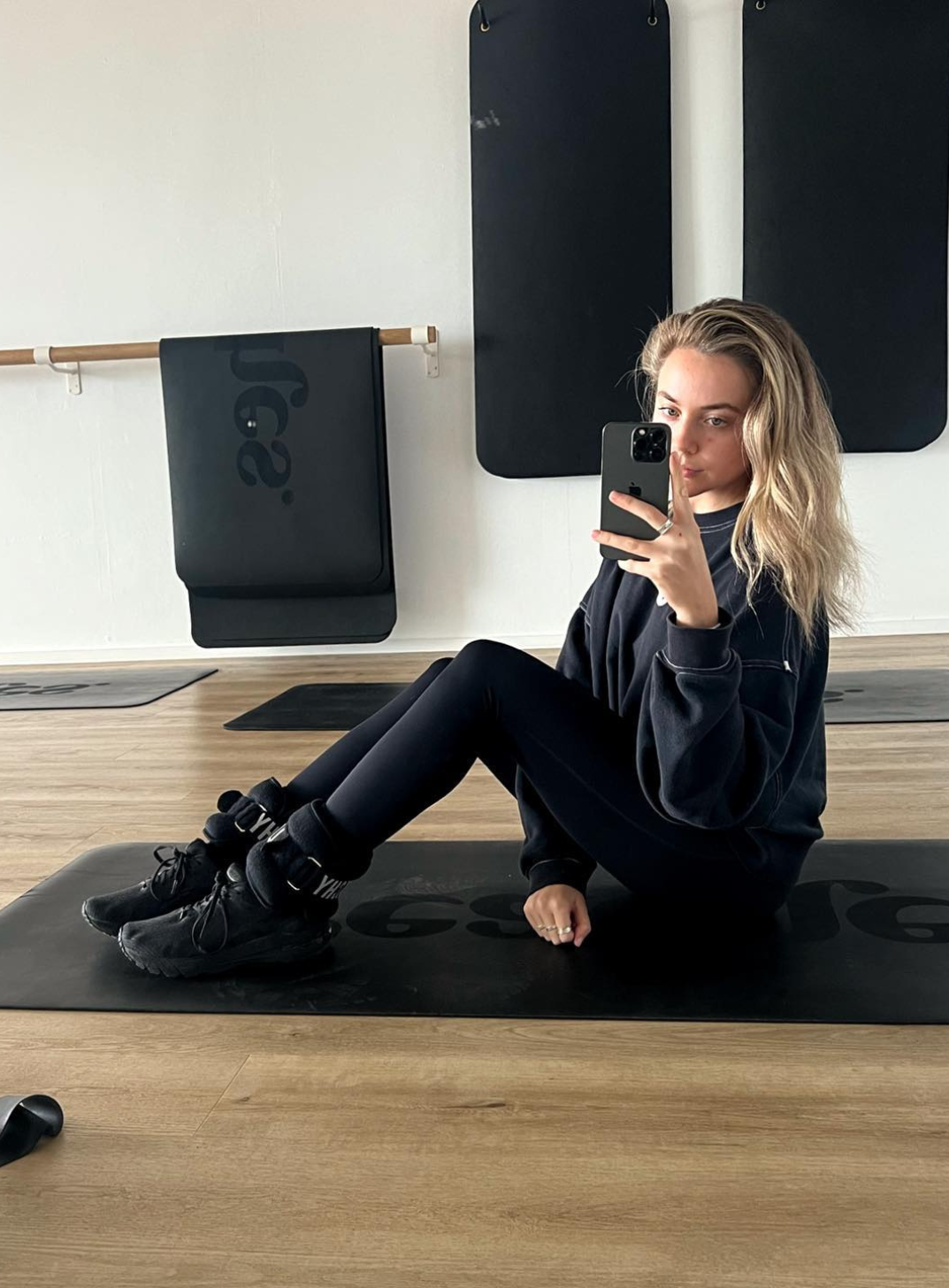
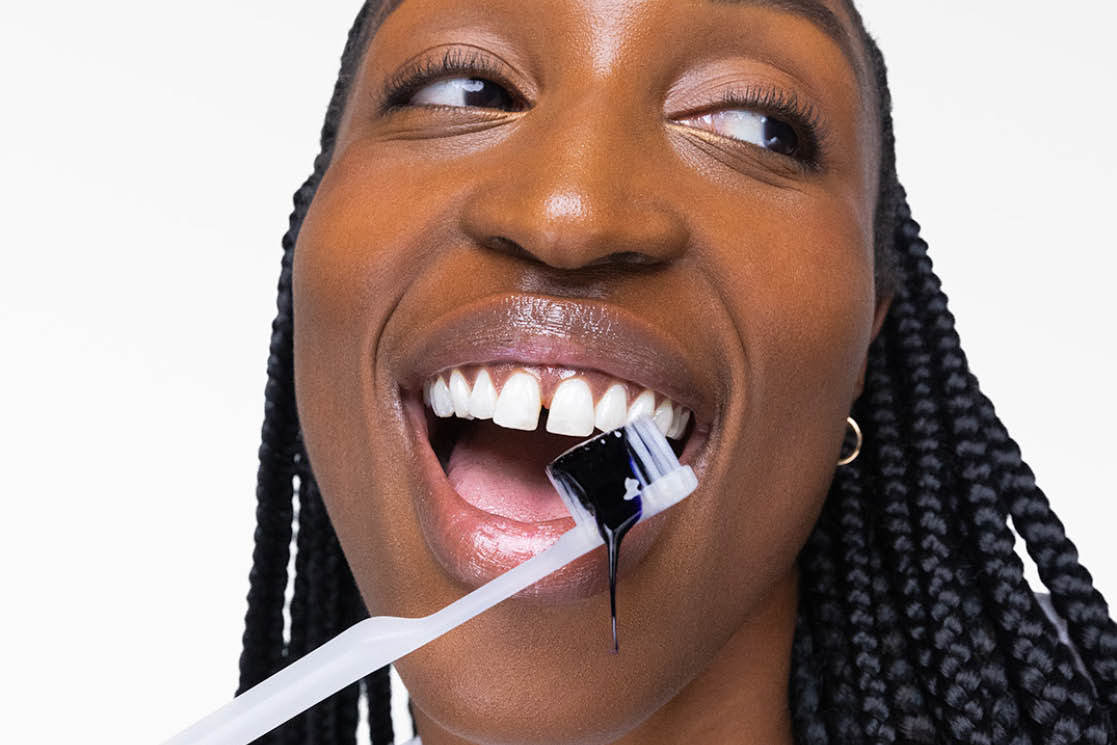

Comments